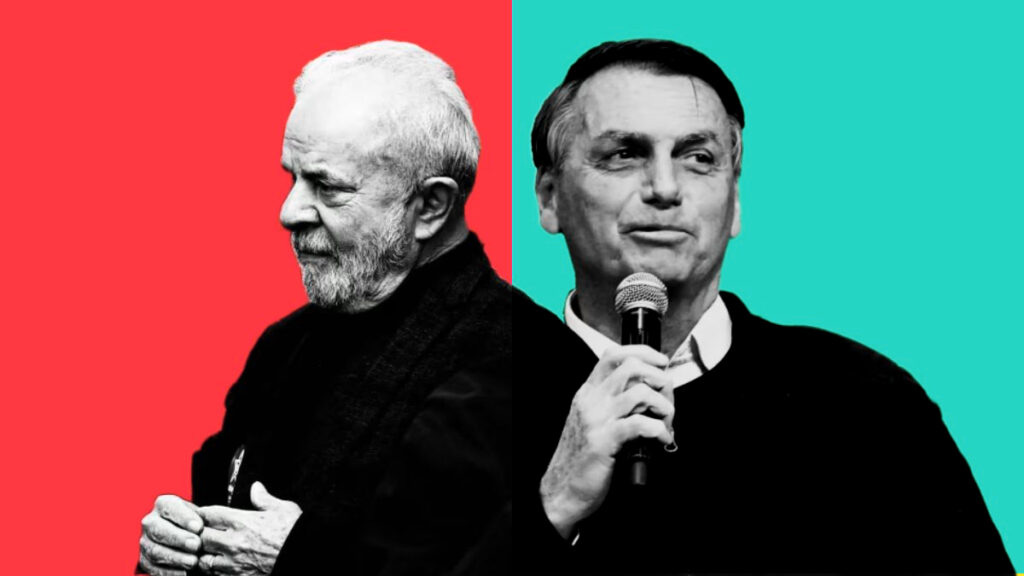DAOs and Politics
Nouns, Fingerprints and RAW
I have been hyper-aware of politics given my country (Brazil) is currently holding a very intense and disputed presidential election.
But in our microverse of DAOs, politics is always on the table.
Compared to companies, politics is even more important in DAOs, because of the (somewhat) decentralized nature of it.
I wouldn’t go as far as saying that companies don’t have a political aspect — the bigger the company, the more time you’ll spend on politics — but for DAOs this issue arises much earlier, in the “startup” phase — periods where most companies are still dictatorships.
Nouns DAO
For a brief explainer on Nouns check nouns.wtf
Nouns have increasingly seen some degradation of the quality of the projects they’re funding. Basically everything I’ve seen proposed could be done with a lower budget. I won’t link directly to specific projects, but a simple look into the initiatives approved you’ll notice they’re overpaying for most things.
This is not necessarily corruption or a big problem given that the treasury is still growing, but long term it’s certainly inefficient and creates a certain culture that is not aligned with the goals of the DAO.
Another aspect that could apply to other DAOs is the Discord.
Discord has many benefits but also many downsides. 4156 (one of the founders of Nouns DAO) has been vocal about deleting Discord and letting the forum (or other groups, with no official validation) be the place where people coordinate.
It will be interesting to see how that works out.
Fingerprints DAO
Over the last few months, we had politics and disagreements on a few issues: providing liquidity, transitioning to a NFT membership (vs. ERC-20 membership) among other quarrels and disagreements (you can check discussion here )
But probably the most costly politics in Fingerprints lies beneath the surface. Individual members who have a specific claim or complaint. The team generally listens and tries to address this claim somehow, working with individual members. This could be a specific complaint about the way the DAO is being managed, or about our failure to acquire something, or about some new implementation or project etc.
I believe we must push to address everything in the open instead of having multiple (I mean multiple) 1-on-1 interactions with members.
A great example was the Traces Project (discussion on forum/project channel on Discord). The idea of Traces is to let people stake PRINTS to use a mirrored version of our artwork in their virtual galleries/collections.
Despite being one of the founders of the DAO, Shira put up a rough proposal (he sent me beforehand but I made no comments) and let the community discuss. Not much 1-on-1 discussion, straight to action. There was minimal cost and I think the project is going well. Other proposals popped up, without any prior contact with the team.
I think this is more scalable and frankly much more enjoyable than multiple 1-on-1s.
RAW DAO
Here is probably the clearest case where broad participation without regard for the economic ownership of the DAO failed.
At first we started with a Committee to decide on acquisitions, like Fingerprints.
The Committee had multiple factions of photographers, and people with different and sometimes opposing interests. There was a lot of drama in those committee discussions, something I never experienced with Fingerprints.
Then we moved to Community Curation, a process by which every member (people with a minimum 500 $RAW, currently $300 worth of $RAW) could nominate and vote to acquire a certain collection and a piece of a certain collection.
Way less drama, but the quality of the decision making and the regard for the DAOs funds started to deteriorate even faster. Participation was low, out of 500+ members, only 20-40 were voting at any point in time, acquiring work that is now being sold at a fraction of the price paid (or not being sold at all).
People were forming small groups to vote on their friends’ acquisitions or bumping the most expensive acquisition of a certain collection. It became clear that financial responsibility was not really a concern for voting members.
The decision I and other larger token holders made — after all, we were the ones who contributed the most money and artwork to RAW — was to halt community curation and to review the acquisition process.
In the meantime, acquisitions still can happen, but they have to surpass a high bar: 10% of outstanding tokens as quorum, in a Snapshot vote.
I expect the factions who were there solely to lobby for acquisitions to leave. This is actually fine and healthy for the DAO.
Then we can have a broader discussion on the RAW experiment.
Less dopamine and less politics should be the motto to built something for the long term.




